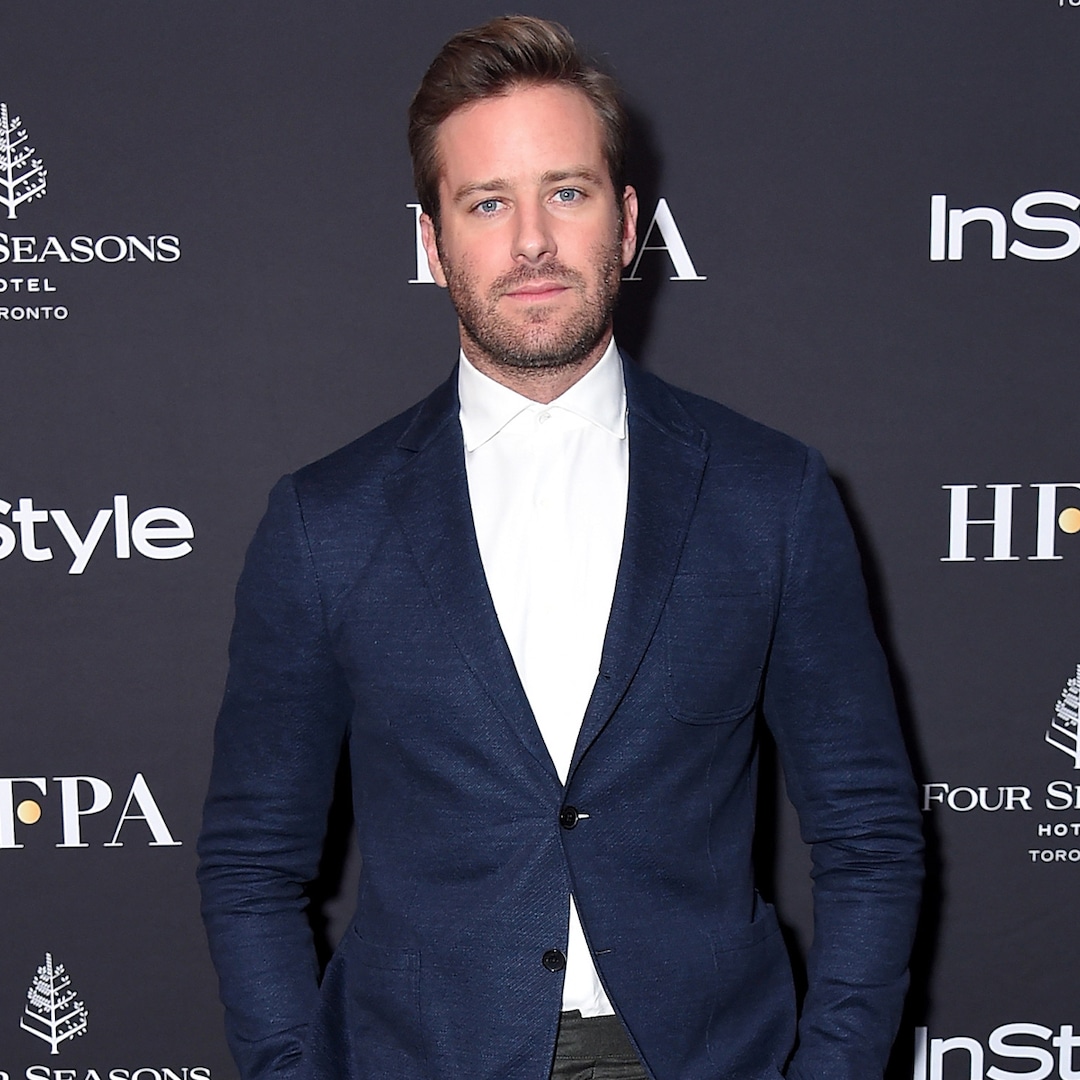
“The More Unapologetic We Became, The More Interest We Got”: Raven Jackson on All Dirt Roads Taste of Salt
Nov 1, 2023
All Dirt Roads Taste of Salt
Immersive and poetically expressive, Raven Jackson’s confident debut feature All Dirt Roads Taste of Salt chronicles the life of Mack, a Black Mississippi woman portrayed at different ages by four different performers, with a lived-in attentiveness and affection. Throughout Jackson’s non-linear ecosystem of portraits, quiet sequences, dewy visuals and sensual soundscapes, the filmmaker breaks the conventions of storytelling so naturally that you instantly recognize the confidence of someone well-versed enough in her art and craft to make her own set of rules.
The seeds of Jackson’s approach and exactness of imagination were already planted in her short film, Nettles (2018), with the help of a group of collaborators—including cinematographer Jomo Fray and producer Maria Altamirano—she brought along to her first feature. The filmmaker also leaned into her background in poetry, an artform that allowed her to free her mind from conventions.
Below, Jackson discusses how she pulled off her first feature with such specificity without compromising her vision, stayed open to both her own history and surprises throughout and her collaboration with Barry Jenkins. All Dirt Roads Taste of Salt opens from A24 this Friday, November 3.
Filmmaker: You’re confidently breaking conventions in your debut, especially in the way you structure your story and engage with the passage of time. How did you first arrive at this way of storytelling?
Jackson: I knew coming into this project that I wanted to play with form and structure. It’s something I had done in my most recent short, Nettles, and I wanted to play with form in a longer-form project. I wanted to create a film that has a story, but is asking the viewer to receive it in a different way. I did a pitch deck first, and I had to really smell the air of the film and take photographs of family members, of landscapes. I call moments with Mack at different ages portraits. I was being intentional with how I ordered each portrait, both in the script and, of course, in the edit. There are profound moments, but also quiet, seemingly small moments that hold equal weight. I was finding ways to create a film that was experiential and would wash over the audience.
Filmmaker: In poetry, you are free to play around with conventional logic, time and certain narrative expectations. I’m wondering if being a poet informed your way of storytelling.
Jackson: It definitely did. In poetry, you play with form, you experiment, you try different line breaks. I trusted myself and was excited to play in film, and I’ve always been drawn to films that play with form. I gave myself permission to do that. Studying poetry first gave me the trust that it was possible to do in a successful way. I was intentional building the emotional arc of the film; I feel that’s mirrored in the way a poet would be intentional with how they’re ordering the poems in a poetry book to build an emotional experience for the reader. It’s similar to what I’m doing with different portraits of Mack at different ages.
Filmmaker: You’re, of course, deeply familiar with the geography where Mack lives. But in addition to your own knowledge and experience, how else did you tap into her life in creating this immersive world?
Jackson: Beyond things I hold close and already brought to the project. I was open to discovery, to what moved me throughout the process. I used to think we would shoot the film in Tennessee. I grew up fishing on the Cumberland River, and I really wanted to shoot there. It felt important. And when I came across some photographs of Bill Ferris, of Rose Hill Church, I was really drawn to the place, to the faces I saw in those photographs. But since they were done in the late ’60s/early ’70s, I didn’t think the church would still be standing. But it was, and eventually we decided to shoot there and build the production around that.
When I think of all that Rose Hill Church has gifted the film, it was truly a discovery. Mary and Amanda Gordon were the pillars of the church when it was still in operation. They were part of those photographs I’m mentioning that led me to the church. In the wedding scene, that’s their voices singing “Lord, I’m in Your Hand.” Now, their voices are in the trailer. And in some of the scenes, there are photographs of Charlene McClure’s mother. [Charlene plays late-teens to early-30s Mack.] So, it was about being open to other people’s histories and stories beyond mine and my family’s. I think it further added texture into the film. It’s bigger than me, which I am grateful for.
Filmmaker: How else did you utilize your own family’s history?
Jackson: I looked at photo albums on both sides of my family, but especially on my mother’s side. My grandma’s photo albums were key for textures, color, production design, costume. Even just looking at how the landscapes looked then was so important. I talked to her about the practice of eating clay dirt, which eventually led to the title of the film, and some lines of our conversation are [reflected through] Grandma Betty with the two girls. The talking about lightning, that she shouldn’t have been out there, those are details from conversations I’ve had with my grandma. Also, in the opening fishing scene, the fishing tackle we’re using is my father’s. It’s a fiction film, but there are a lot of details in the script and production design, and even in costumes sometimes, that speak to an emotional truth. I do enjoy working that way. I like to have things that feel close and true to me, because they keep me really, really close.
Filmmaker: Since you’ve mentioned the costumes: I do love the lived-in costuming of this film. The wedding scene especially looked so beautiful.
Jackson: I of course want to mention Pamela Shepherd, the costume designer, who did so much with not a lot of money. And it was a blessing being in Mississippi, because there were a lot of places where you could really get some interesting costume choices, whether somewhere that was selling secondhand clothing or Goodwill. Pam was able to find a lot of interesting clothing and mix them with things that people would bring themselves. We talked with Moses Ingram [who plays Josie] about having [the wedding dress] be textured. Also, I knew I wanted baby’s breath [flowers] in her hair. It was a reference to a [photo of] Cicely Tyson [taken by Brian Lanker]. [The flower] speaks to these characters’ closeness to nature, which really made me feel like, “Ooh, this is right.” Rather than a veil, I wanted these flowers in her hair.
I wanted to show reverence for the people in the church, the attendees. It’s a mix of folks who were either descendants of people in the Rose Hill Church community or just in the Rose Hill Church community, and some people I know in my life. We wanted there to be pops of color, and be strategic around where they’re sitting in the church, and bring a sense of celebration. We made sure we had fans for them—it was a lot of thinking through how to make it feel authentic to the time.
Filmmaker: The soundscape of your film is so vital, especially because it’s largely dialogue-free. And you play with the sounds of nature: sometimes, the sound of rain is airy and feels soothing and positive, then it feels eerie in another scene. Or the sound of crickets—comforting in one moment, then not in the next. How did you navigate these shifts and use them as a storytelling tool?
Jackson: I worked with Miguel Calvo on sound design and we were very intentional. As you mentioned, rain is different [scene to scene], or texture is different. [We considered] how this is adding another layer to what’s happening in the story. The guiding light in this was always, “What’s the emotionality of the scene and the character? What emotion am I trying to get across with the scene?,” then allowing that to inform the texture of the sound.
The loudest thunder you hear in the film is after the grocery store scene. After a quiet, devastating moment between characters, it was very important for me to have a very loud crack of thunder. That’s also leading into a very big moment for Young Mack and what she’s about to see. So, I was always thinking through not only the scene, but also where [we were] coming from into the scene. In thinking through the cuts, [I was considering] how the sound is creating a fluid experience for the audience. We were intentional with the sound to further lay out what’s happening in the story and how the relationships are changing.
Filmmaker: Since sounds and textures define your film rather than, say, dialogue lines, what did the screenplay look like? How descriptive were you on the page?
Jackson: [Initially], I wrote more than what’s in the final script. The final script is 60 pages, and I wrote way more than that. While those pages didn’t want to live in the final script, I needed to write them to get to what’s become the final script. And this is when my poetry comes in handy with scriptwriting: I trust an image in a script to get across the emotionality sometimes, and I’m very spare with my writing. Sometimes I’ll have a descriptive image, or [say to myself], “Okay, this is a moment I’m going to sit inside of, but I won’t draw it out in the script.” And there are sound details in the script. I still try to be specific to hopefully make it an evocative reading experience.
Filmmaker: You shot this on 35mm, which is not necessarily the go-to these days. What went into that decision and what did shooting on film enable you to achieve, other than, obviously, the beautiful texture and visuals that we see?
Jackson: I always knew I would [shoot] on film; that was a non-negotiable for me. I knew it needed that. But cinematographer Jomo Fray and I had conversations around 16 vs. 35 [and landed on 35]. When you shoot on film, folks rise to the occasion. And I always love hearing the sound of film rolling—I’m such an analog person anyway, but hearing the sound of that adds something. I rarely do a lot of takes anyway, but shooting on film created a sense of intentionality with every take.
Filmmaker: When you are a first-time filmmaker with such a confidently untraditional project, how do you lift it off the ground? And how did big and familiar names like Barry Jenkins and Adele Romanski (your producers) help you with that without compromising your vision for the film?
Jackson: First and foremost, the groundwork was knowing myself what this film was, and what I would and wouldn’t compromise on. Taking photographs, having this pitch deck to ground everything—that was a great step-one for everything to come. Maria Altamirano was the producer on All Dirt Roads Taste of Salt from day one, and she also was on Nettles with me. Jomo Fray was also on Nettles. The three of us have something to speak to as a former collaboration. But also, when going out to pitch the project, the more unapologetic we became, the more interest we got. It’s just like, owning it—yes, it’s nontraditional, yes, it’s asking to take risks—and if it’s not for somebody, then trusting that the right people will find it. I wasn’t interested in putting myself in a position where it felt like I was being asked to make a film, but not the film I set out to make.
Eventually, Barry selected the project for Indie Memphis Black Filmmaker Residency. Months later, when we were starting to have conversations with production companies, we eventually had a conversation with Pastel and Adele Romanski and [producer] Mark Ceryak as well as Barry. And it became clear that they weren’t afraid of the risks we were trying to take; they were excited by them. They understood the film, I felt they understood me as a filmmaker, and they wanted to provide the space for me to take these leaps. It has been a dream collaboration.
Publisher: Source link
Aubrey Plaza Issues Statement After Jeff Baena’s Death
The 40-year-old star and Jeff’s family issued a statement to People on Monday, where they called their loss an “unimaginable tragedy.”The Los Angeles County coroner’s office previously determined that Jeff died by suicide in his LA home. He was 47…
Jan 10, 2025
Jill Duggar’s Husband Clarifies Where He Stands With Jim Bob Duggar
Jessa Duggar (m. Ben Seewald)Jim Bob and Michelle's fifth child, Jessa Duggar, was born Nov. 4, 1992. Jessa met Ben through church and he began courting her in 2013—the old-fashioned approach to romance coming as a brand-new notion to a lot…
Jan 10, 2025
The Internet Has Officially Lost It Over Andrew Garfield's Slutty Glasses
That man knew exactly what he was doing with those glasses.View Entire Post › Disclaimer: This story is auto-aggregated by a computer program and has not been created or edited by filmibee.Publisher: Source link
Jan 9, 2025
Armie Hammer Lands First Movie Role Since Cannibalism Allegations
Armie Hammer Cameos As “Kannibal Ken” in Music Video 4 Years After Cannibalism ClaimsArmie Hammer is heading back to the big screen. More than one year after the Los Angeles Police Department ended their lengthy investigation into the Call Me…
Jan 9, 2025











